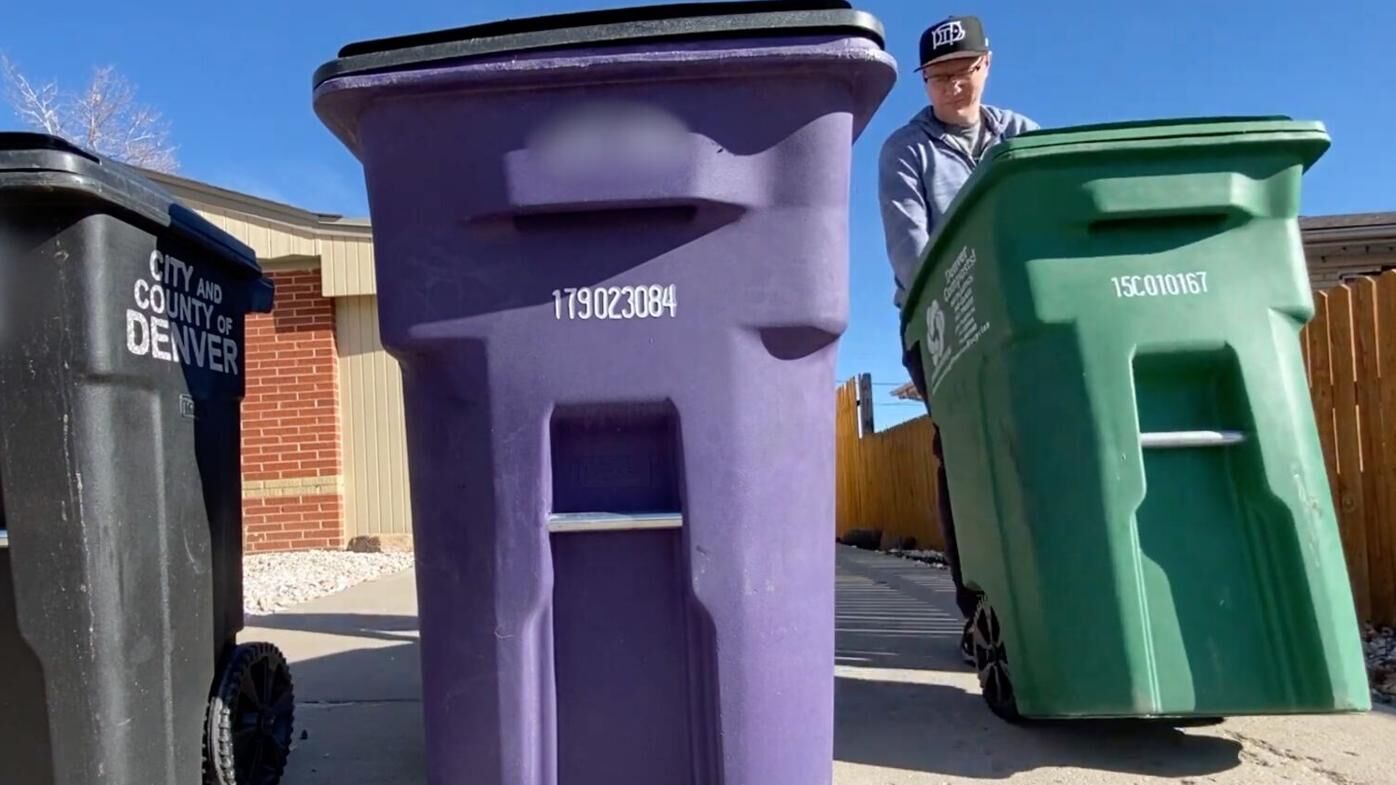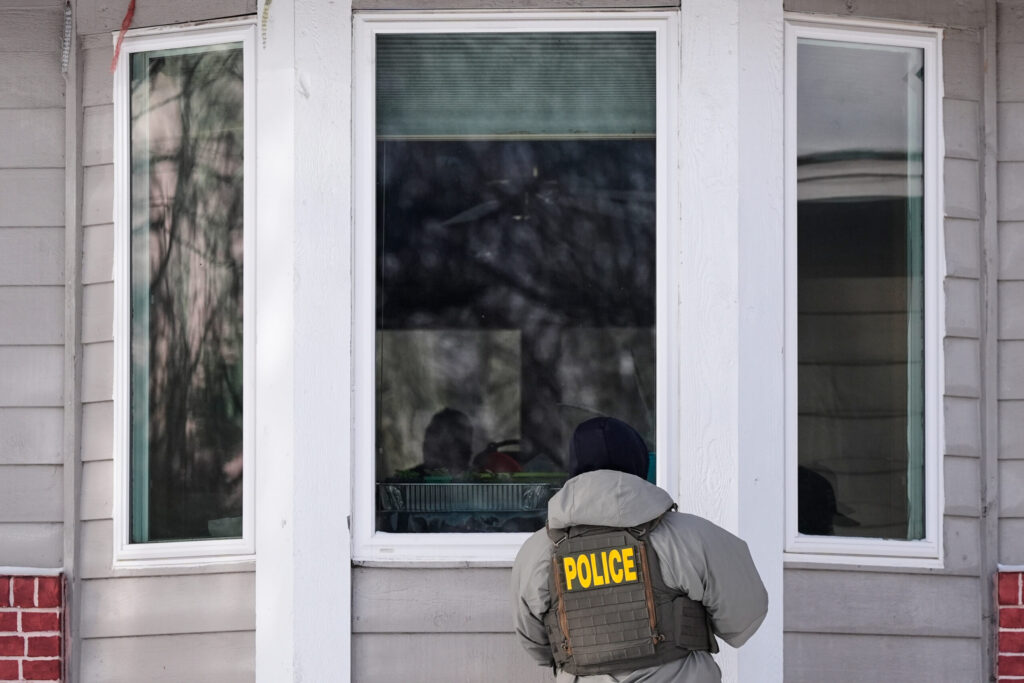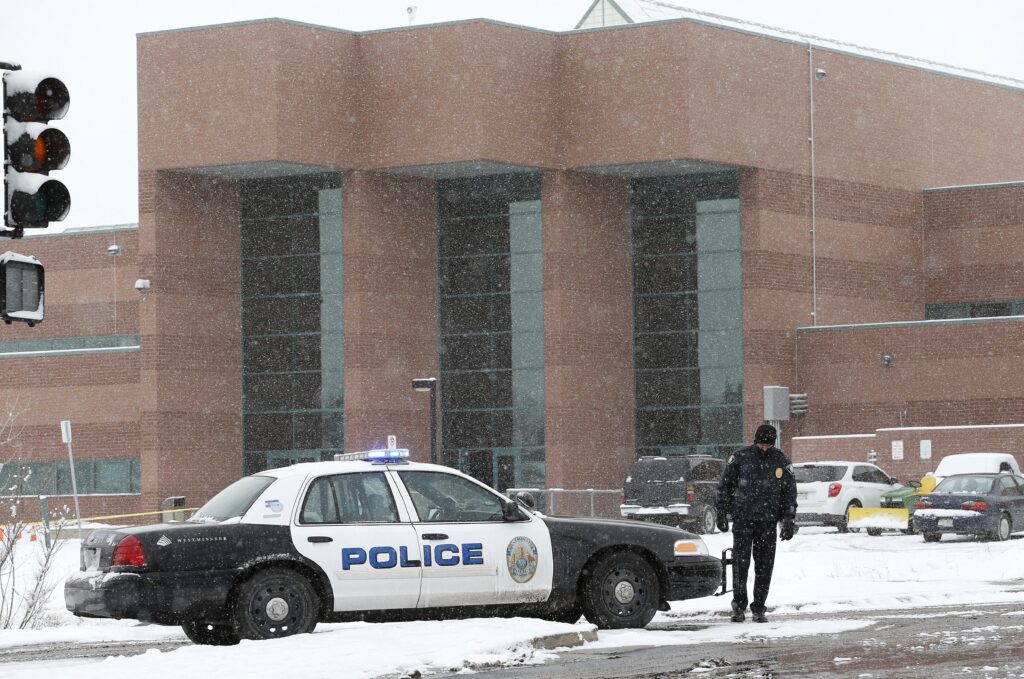Denver moves forward with composting and recycling enforcement

More than two years after Denver voters approved a ballot initiative aimed at increasing recycling and composting across the city’s businesses, residential buildings, and construction sites, the city will now finalize implementation and enforcement.
Denver City Council members voted 10 to 2 to approve Council Bill 25-0628, which amends the city code related to the 2022 “Waste No More” ballot initiative.
Under the new ordinance, which would not go into effect until September 2026, composting will be required for multi-family residential buildings, non-residential buildings that handle food, such as restaurants, large outdoor events that serve food, construction and demolition projects larger than 500 square feet, and remodeling and renovation projects larger than 2,500 square feet.
Dissenting votes from Councilmembers Kevin Flynn and Amanda Sawyer cited the bill’s potential to place additional burdens on small businesses.
“September of 2026 is when implementation would formally go into effect,” Tim Hoffman, Director of Policy for Denver Mayor Johnston, told the members of the City Council. “So that gives us about a year of figuring out rules and regulations.”
Once formally implemented, Hoffman said the city administration will be taking an “education-based enforcement approach,” particularly as the matter relates to small restaurants and small businesses.”
In the months leading up to the implementation date, business owners may expect a public process to better define rules and regulations.
Some businesses may have the option to opt out due to hardships.
“I do think a big part of this is going to be a public education campaign, and that will be both from the city and then from outside entities, making sure that impacted businesses know that this is coming in the next year, the possible implications of it,” Hoffman said.
He added: “As we go through the rules and regulations processes, if there still exists a financial hardship exemption, restaurants will be able to apply for on a restaurant-by-restaurant basis.”
The forthcoming rules and regulations would also apply to large public events, i commercial spaces, as well as construction and demolition companies.
“I want to be super clear that you (businesses) can apply for exemption for basically any good reason, as this ordinance stands now,” At-large Councilmember Sarah Parady said. “If you don’t apply affirmatively, it’s not like you didn’t do your taxes. There are not yet any penalties set in place, and you can hear that the agencies are not planning on taking a super draconian approach towards this.”
Although approved in 2022 with a phased implementation schedule, enforcement of the ordinance was postponed to mid-2026 to accommodate adjustments to timelines, fine-tuning definitions and exemptions, as well as outlining the process for enforcement.











